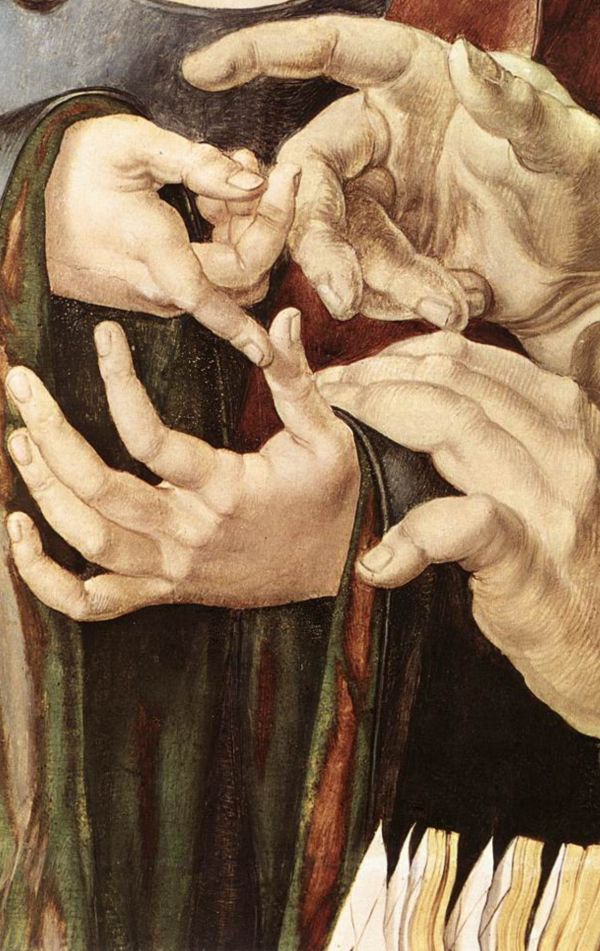The authority of Jesus and ours
(Mt 21:23-27)
«With wich authority do you do these things? And who gave you this authority?» (Mt 21:23).
In the traditional Judaizing milieu of the early communities, questions bounced about Christ’s authority in putting under siege the ordinary religious system, and His distinction even from prophets recognized as the Baptist.
Only answer: the power of God that was expressed in the sign of the times - by fermenting consciences.
Jesus’ mission was not regular: He baffled the atmosphere, so His living and sharp Word had to be circumscribed at all costs.
Such bold behavior would have seemed irreverent, even if adopted by the expected Messiah himself.
And a landless man could only be his false claimant...
Religious leaders that the Lord faced - rooted in established thought patterns and strategies - were always content to adapt Heaven within closed screens.
Mt tried to help his communities in Galilee and Syria: they had to continue fearlessly, and not let themselves be seduced by official religious practices, nor polluted by imperial ideology.
The Evangelist also seems to suggest to the faithful in Christ to avoid puny diatribes, with the representatives of a world only apparently stable - vice versa destined to implode on its own contradictions.
After the expulsion of the sellers and usurer-profaners from the Temple (Mt 21:12ff), Jesus' fate is sealed.
But through his intimates, the new Kingdom - untied - must be proposed in spirit of disinterest, and as a Surprise.
Only the Father can have seed management, of the roots and development.
No man can give "permission" to any person to be reflective and dissolved.
There is an unpredictable path even for those who are accustomed to being directed in every story. Instead the guarantees clutter minds and clog the streets that then result in frontier experiences.
In this way, we manifest independence and freedom because Jesus himself has demonstrated it, flying over all expectations and purpose.
Sooner or later the leaders would have been dismayed by those who could not stand the ratifications, finally recognizing their ignorance.
They would have stranded themselves permanently, on their own - even because of the will not to expose themselves (vv.25-27a). Tactical perplexity, which reveals disbelief - lukewarmness - total lack of Faith.
In short, the ‘silence’ of those who like a more attentive and less external Church is often the just echo of God, more eloquent than so many brilliant disquisitions (v.27b).
Thus Jesus avoids the ambiguity of mental restriction or evasive semantics: in Him the non-response to the leaders becomes a question.
The Lord remains silent, but without diverting the point.
[Monday 3rd wk. in Advent, December 16, 2024]












